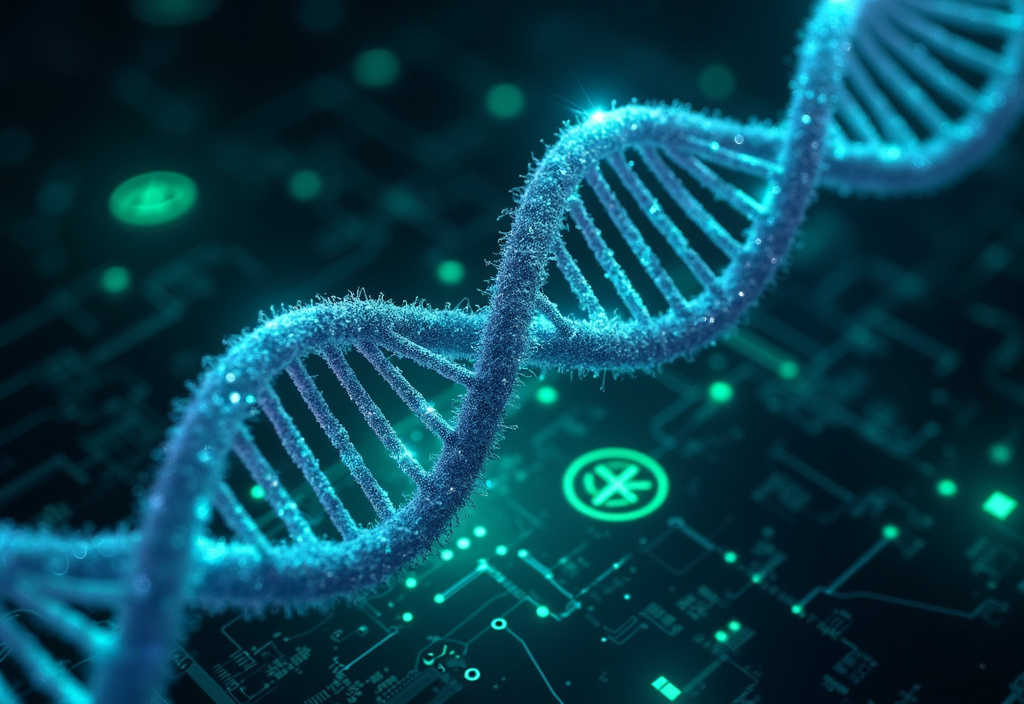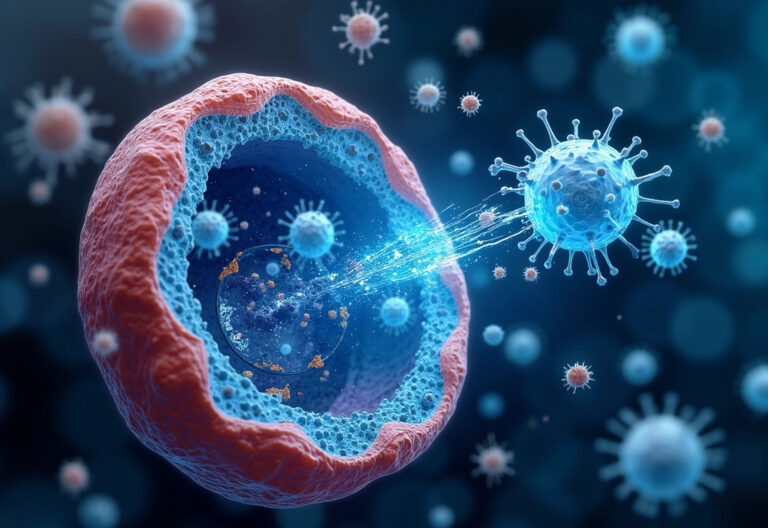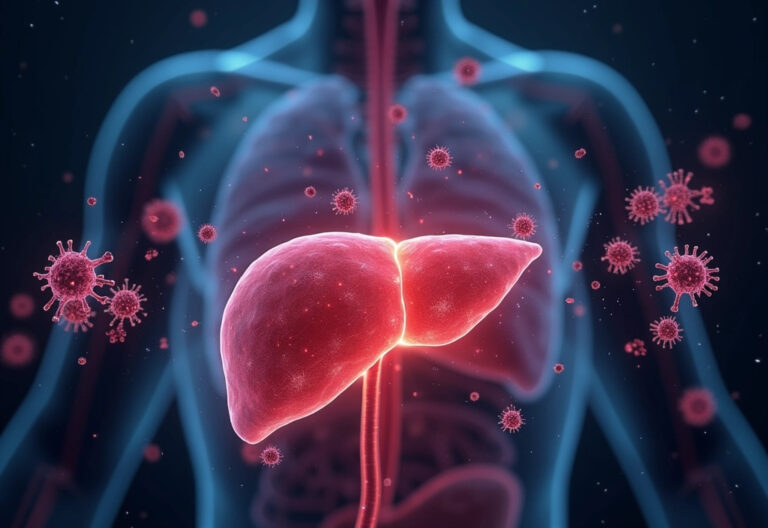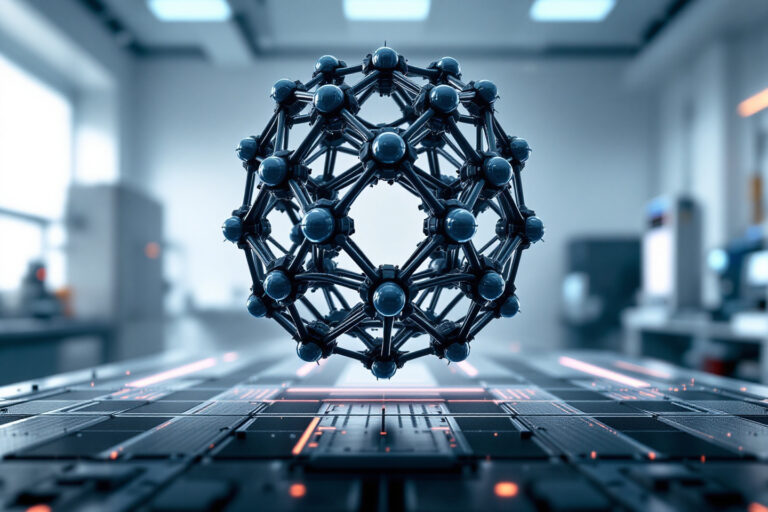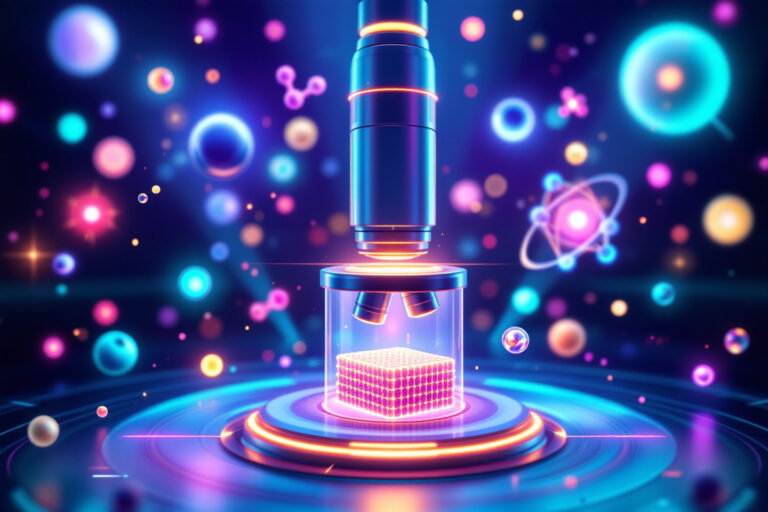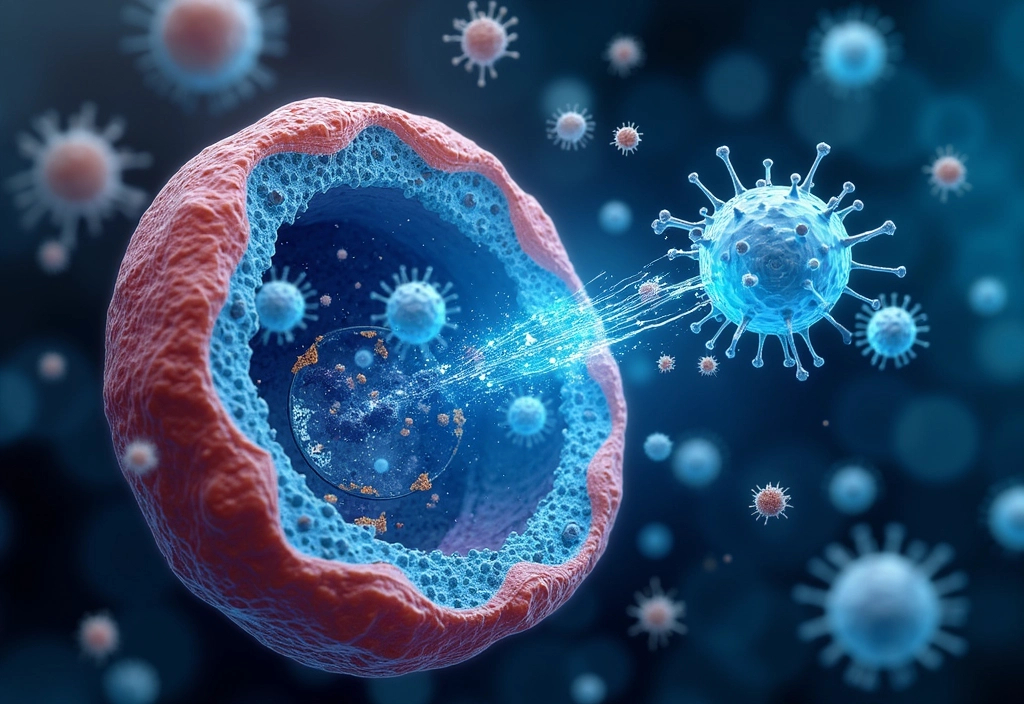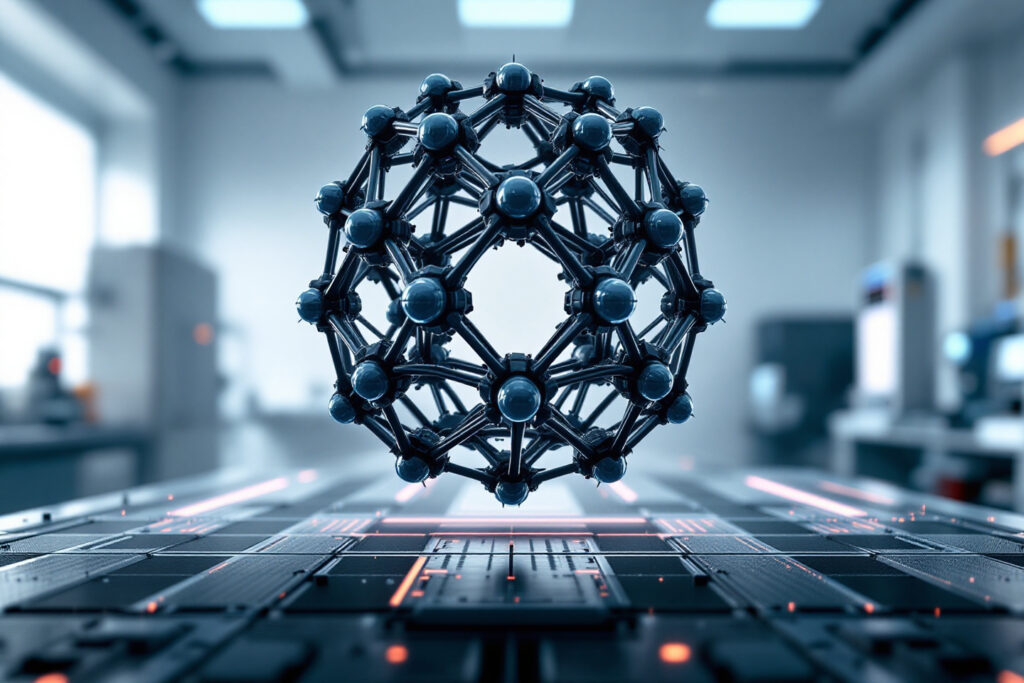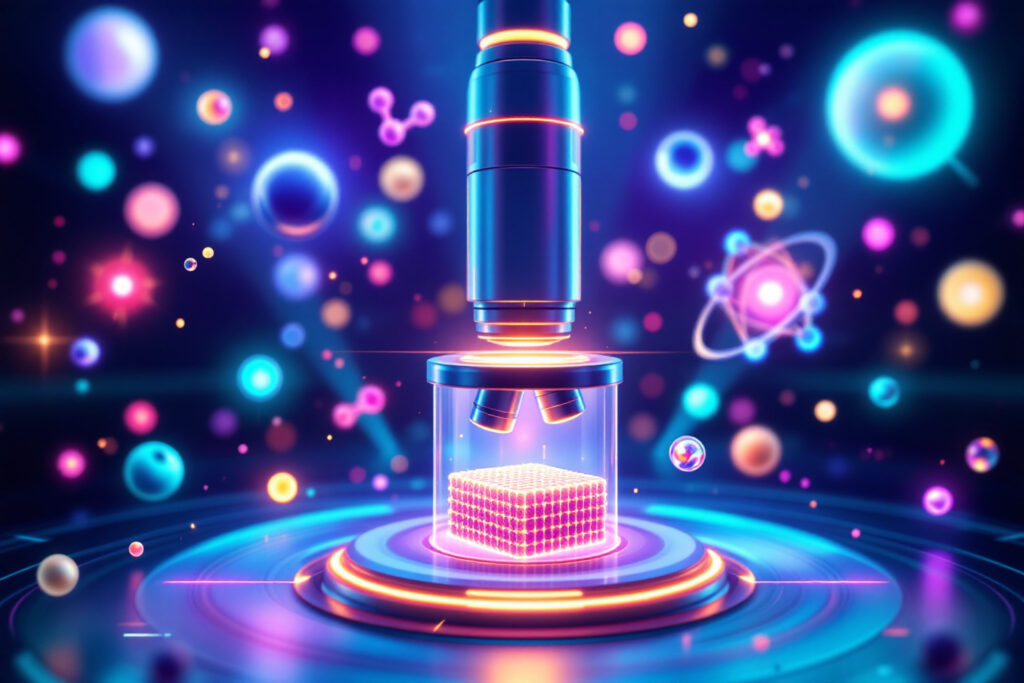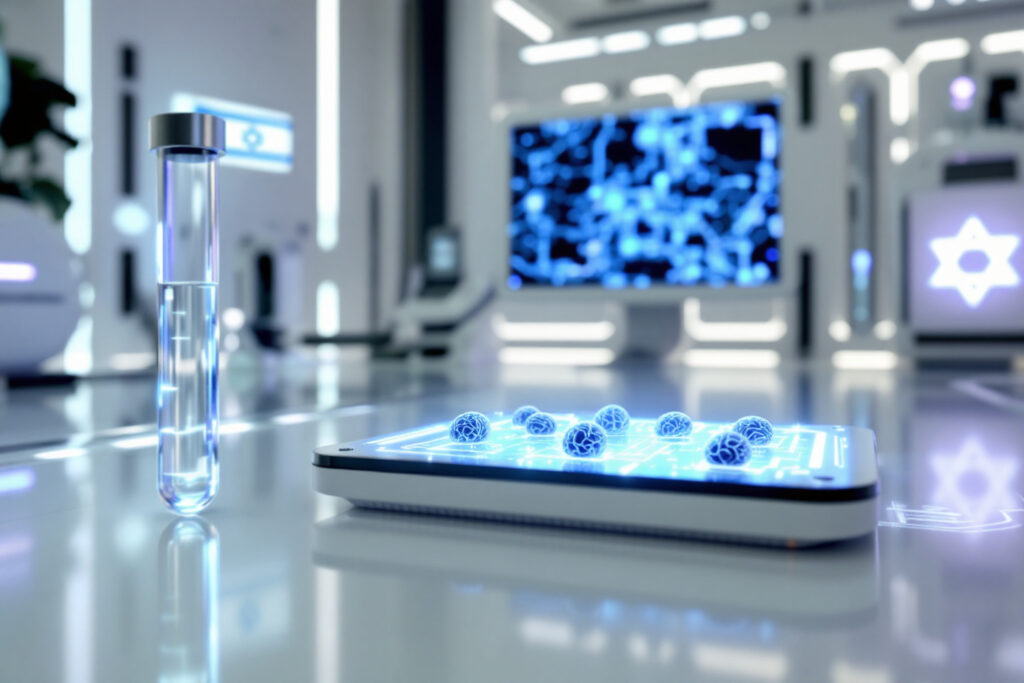What if the same DNA that makes you you could one day power super-advanced computers? Scientists at Peking University have made a major breakthrough: they’ve figured out how to use electric fields to control tiny particles inside DNA molecules, opening the door to DNA-based quantum computing. This could revolutionize technology in ways we never imagined!
Wait… DNA Can Store Data Like a Computer?
Yes, and here’s how it works. DNA is made up of four building blocks—adenine (A), thymine (T), cytosine (C), and guanine (G). These molecules don’t just store genetic information; scientists have now discovered that they can also influence quantum properties, specifically something called nuclear spins inside nitrogen atoms.
In simpler terms, nuclear spins are like tiny magnets inside atoms, and they can be controlled using electric fields. Researchers found that by adjusting the sequence of DNA’s building blocks, they could manipulate these nuclear spins, creating a way to store and process information at the quantum level.
Why Is This a Big Deal?
Today’s computers store information using binary code (1s and 0s). Quantum computers, on the other hand, use qubits—tiny quantum states that can exist in multiple positions at once. DNA’s structure allows for incredibly small and efficient quantum information storage, potentially making future quantum computers:
- More powerful than anything we’ve ever seen
- Smaller and more energy-efficient
- Capable of solving problems too complex for today’s computers
How Did Scientists Prove This?
The researchers used a combination of advanced simulations, quantum chemistry, and theoretical analysis to figure out how electric fields interact with DNA’s nitrogen atoms. They discovered that different DNA sequences influence the direction of nuclear spins, meaning that DNA could be programmed just like a computer chip—except at a much smaller scale.
What’s Next?
This discovery isn’t just cool—it could change the way we think about computing forever. If DNA-based quantum computers become a reality, they could:
- Help develop ultra-secure encryption methods
- Advance medical research by simulating complex biological processes
- Solve global challenges like climate modeling and drug discovery
Final Thoughts
This research is still in the early stages, but it opens up an exciting new frontier: the fusion of biology and quantum physics. Who knows? In the future, your DNA might not just define who you are—it could also be the key to running the world’s most advanced computers.
Stay tuned for more mind-blowing science updates, and let us know what you think—could DNA be the future of computing?
Article derived from: Advancement in DNA quantum computing using electric field gradients and nuclear spins. (2025, January 23). EurekAlert! https://www.eurekalert.org/news-releases/1071392
Check out the cool NewsWade YouTube video about this article!

